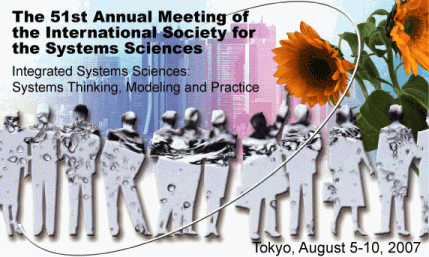The Study of Institutions in the Understanding of Contemporary Social Processes
Keywords:
institutions, roles, Foucault, management systemsAbstract
In the last few centuries institutions such as the school, the factory, and the hospital have become features central to human existence. They even seem to provide assistance and inspiration. However, they also make constant demands on individuals for them to adjust and comply with their internal procedures in the name of, for instance, efficiency and improved service. It is only in very remote and underdeveloped regions of the world where these institutions still remain exclusive and somehow separated from the ordinary lives of individuals and communities, or where the interaction is discontinued and/or sporadic. Institutions are constantly studied by those in government positions. Large financial and human resources are devoted to their ‘improvement’ by identifying and transferring certain discourses, relationships, and identities. In this sense, business concepts such as targets, the customer/client, and quality have been transferred from the factory to the school and the hospital. Some of these discourses, relationships, and identities are created within institutions; others are instead imported from other areas of human experience. This paper explores the importance of institutions in the study of the present following Foucault’s ideas. It is argued that this type of investigation is systemic in nature. It will also highlight the possible contribution of certain management systems ideas to the study of the present.Published
2007-07-31
How to Cite
Valero-Silva, N. (2007). The Study of Institutions in the Understanding of Contemporary Social Processes. Proceedings of the 51st Annual Meeting of the ISSS - 2007, Tokyo, Japan, 51(2). Retrieved from https://journals.isss.org/index.php/proceedings51st/article/view/618
Issue
Section
Systems Philosophy and Systems Ethics

